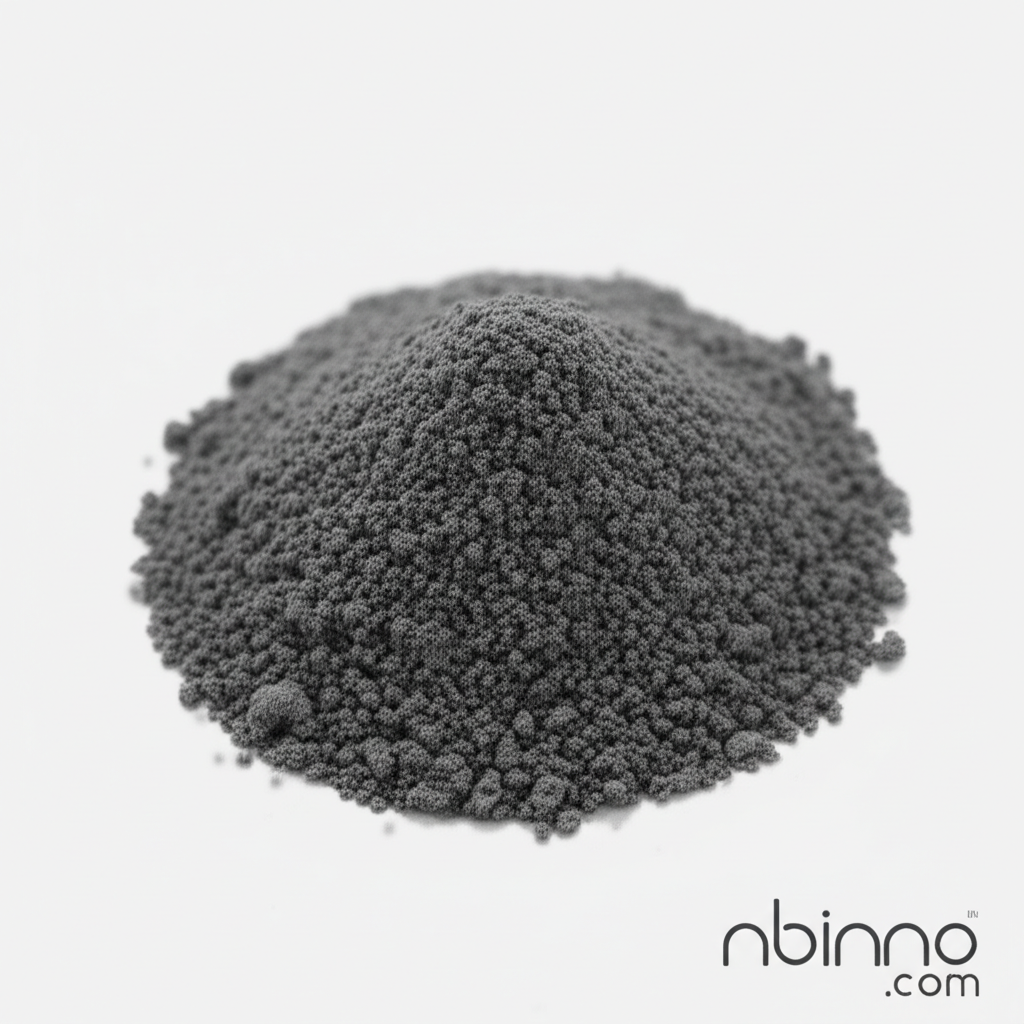Unveiling 4-Acetamidophenyl Acetate: Properties, Synthesis, and Applications
Your essential guide to CAS 2623-33-8, a crucial compound in pharmaceutical analysis and chemical synthesis.
Get a Quote & SampleProduct Core Value

4-Acetamidophenyl Acetate
This compound, widely recognized by its CAS number 2623-33-8, plays a significant role in the pharmaceutical industry, primarily as a synthetic impurity of acetaminophen. Its precise chemical structure and well-defined properties make it an invaluable tool for quality control and analytical validation, particularly in high-performance liquid chromatography (HPLC) applications. Understanding the 4-acetamidophenyl acetate properties is key for researchers and manufacturers aiming for stringent product purity.
- A key aspect of 4-acetamidophenyl acetate CAS 2623-33-8 is its function as a vital reference standard, aiding in the accurate identification and quantification of impurities in pharmaceutical formulations, thereby ensuring product safety and efficacy.
- The N-[4-(acetyloxy)phenyl]acetamide synthesis pathways are critical for providing this compound, enabling its availability for various research and development activities in organic chemistry.
- For those looking to buy 4-acetamidophenyl acetate, its availability from reputable suppliers ensures access to high-purity material, essential for achieving reliable analytical results.
- The chemical intermediate reference standard capability of 4-acetamidophenyl acetate is leveraged in numerous analytical methods, contributing to the robust quality assurance of medicinal products.
Key Advantages
Analytical Precision
Utilizing this compound as an analytical reference standard significantly enhances the precision in detecting and quantifying impurities, which is crucial for meeting stringent regulatory standards in the pharmaceutical sector. This supports accurate acetaminophen impurity analysis.
Synthesis Support
As a building block in organic chemistry, it facilitates various synthesis processes, contributing to the development of new compounds and the refinement of existing production methods. Its role in N-[4-(acetyloxy)phenyl]acetamide synthesis is notable.
Quality Assurance
Its consistent purity and well-documented properties make it an indispensable component in quality assurance protocols, ensuring the reliability and safety of pharmaceutical products. The p-acetoxyacetanilide applications are broad in this regard.
Key Applications
Pharmaceutical Analysis
Serves as a critical reference standard for the quantitative determination of acetaminophen impurities via techniques like HPLC, ensuring the quality and safety of acetaminophen products.
Organic Synthesis
Acts as a valuable intermediate or building block in the synthesis of various organic compounds, contributing to advancements in medicinal chemistry and material science.
Research & Development
Essential for R&D activities in academic and industrial laboratories focusing on drug discovery, process optimization, and analytical method development.
Quality Control
A fundamental component in quality control laboratories for validating analytical methods and ensuring that final products meet required specifications for purity and composition.
